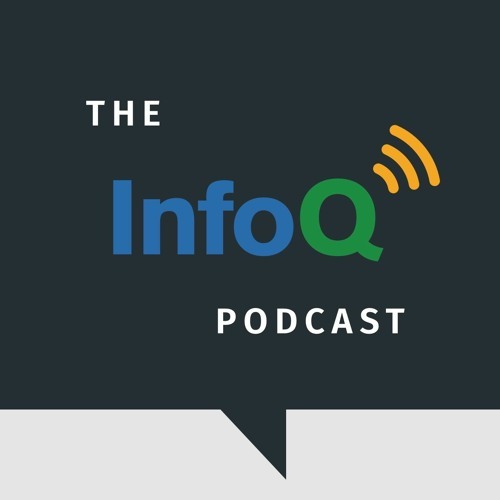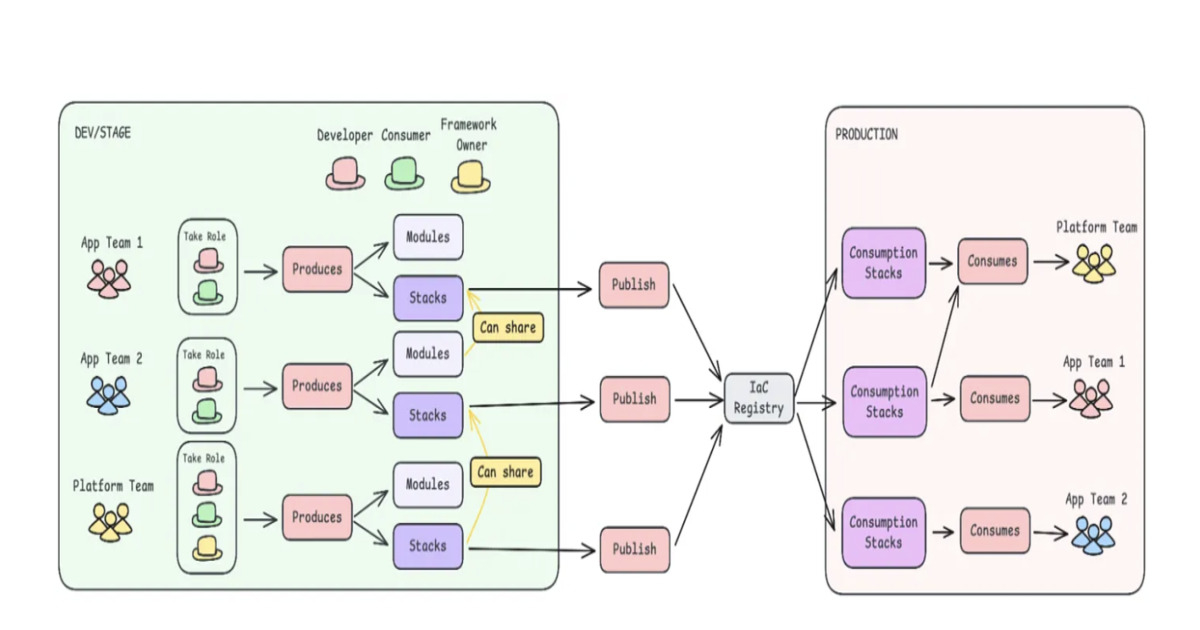Codetown
Codetown ::: a software developer's community
Meeting Mycroft: An Open AI Platform You Can Order Around By Voice
Mycroft developer Ryan Sipes, speaking from the show floor of this year's OSCON in Austin, Texas...
(see our video interview here), says that what started out as a weekend project to use voice input and some light AI to locate misplaced tools in a makerspace morphed into a much more ambitious, and successfully crowd-funded, project -- hosted at the Lawrence Center for Entrepreneurship in Lawrence, Kansas -- when he and his fellow developers realized that the state of speech recognition and interfaces to exploit it were in a much more rudimentary state than they initially assumed.
How ambitious? Mycroft bills itself as "an open hardware artificial intelligence platform"; the goal is to allow you to "interact with everything in your house, and interact with all your data, through your voice." That's a familiar aim of late, but mostly from a shortlist of the biggest names in technology. Apple's Siri is exclusive to (and helps sell) Apple hardware; Google's voice interface likewise sells Android phones and tablets, and helps round out Google's apps-and-interfaces-for-everything approach. Amazon and Microsoft have poured resources into voice recognition systems, too -- Amazon's Echo, running the company's Alexa voice service, is probably the most direct parallel to the Mycroft system that was on display at OSCON, in that it provides a dedicated box loaded with mics and a speaker system for 2-way voice interaction.
The Mycroft system, though, is based on two of the first names in open hardware -- Raspberry Pi and Arduino -- and it's meant to be and stay open; all of its software is released under GPL v3. The initial hardware for Mycroft includes RCA ports, as well as an ethernet jack, 4 USB ports, HDMI, and dozens of addressable LEDs that form Mycroft's "face." That HDMI output might not be immediately useful, but Sipes points out that the the hardware is powerful enough to play Netflix films, or multimedia software like Kodi, and to control them by voice. Unusually for a consumer device, even one aimed at hardware hackers, Mycroft also includes an accessible ribbon-cable port, for users who'd like to hook up a camera or some other peripheral. Two other "ports" (of a sort) might appeal to just those kind of users, too: if you pop out the plugs emblazoned with the OSI Open Hardware logo, two holes on each side of Mycroft's case facilitate adding it to a robot body or other mounting system.
The open-source difference in Mycroft isn't just in the hacker-friendly hardware. The real star of the show is the software (Despite the hardware on offer, "We're a software company," says Sipes), and that's proudly open as well. The Python-based project is drawing on, and creating, open source back-end tools, but not tied to any particular back-end for interpreting or acting on the voice input it receives. The team has open sourced several tools so far: the Adapt intent parser, text-to-speech engine Mimic (based on a fork of CMU's Flite), and open speech-to-text engine OpenSTT.
The commercial projects named above (Siri, et al) may offer various degrees of privacy or extensibility, but ultimately they all come from "large companies that work really hard to mine your data" and to keep each user in a silo, says Sipes. By contrast, "We're like Switzerland." With Mycroft the speech recognition and speech synthesis tools are swappable, and there's an active dev community adding new voice-activated capabilities ("skills") to the system.
And if you can program Python, your idea could be next.
Notes
Welcome to Codetown!
 Codetown is a social network. It's got blogs, forums, groups, personal pages and more! You might think of Codetown as a funky camper van with lots of compartments for your stuff and a great multimedia system, too! Best of all, Codetown has room for all of your friends.
Codetown is a social network. It's got blogs, forums, groups, personal pages and more! You might think of Codetown as a funky camper van with lots of compartments for your stuff and a great multimedia system, too! Best of all, Codetown has room for all of your friends.
Created by Michael Levin Dec 18, 2008 at 6:56pm. Last updated by Michael Levin May 4, 2018.
Looking for Jobs or Staff?
Check out the Codetown Jobs group.
InfoQ Reading List
Presentation: What I Wish I Knew When I Started with Green IT

Ludi Akue discusses how the tech sector’s rising emissions impact our global climate goals. Drawing from her experience as a CTO, she explains seven key lessons for implementing Green IT. She shares insights on LCA assessments, the paradox of microservices, and why FinOps doesn’t always equal green.
By Ludi AkueVue Router 5: File-Based Routing Into Core with No Breaking Changes

Vue Router 5.0 has integrated unplugin-vue-router into its core, enhancing file-based routing and TypeScript support. This transition release boasts no breaking changes, simplifies dependencies, and introduces experimental features like data loaders and improved editor tooling. Ideal for Vue.js developers, it positions itself as a bridge to the upcoming ESM-only version 6.
By Daniel CurtisPodcast: [Video Podcast] AI Autonomy Is Redefining Architecture: Boundaries Now Matter Most

This conversation explores why generative AI is not just another automation layer but a shift into autonomy. The key idea is that we cannot retrofit AI into old procedural workflows and expect it to behave. Once autonomy is introduced, systems will drift, show emergent behaviour, and act in ways we did not explicitly script.
By Jesper LowgrenGoogle Launches Automated Review Feature in Gemini CLI Conductor

Google has enhanced its Gemini CLI extension, Conductor, by adding support for automated reviews. The company says this update allows Conductor "to go beyond just planning and execution into validation", enabling it to check AI-generated code for quality and adherence to guidelines, strengthening confidence, safety, and control in AI-assisted development workflows.
By Sergio De SimoneFrom Central Control to Team Autonomy: Rethinking Infrastructure Delivery

Adidas engineers describe shifting from a centralized Infrastructure-as-Code model to a decentralized one. Five teams autonomously deployed over 81 new infrastructure stacks in two months, using layered IaC modules, automated pipelines, and shared frameworks. The redesign illustrates how to scale infrastructure delivery while maintaining governance at scale.
By Leela Kumili
© 2026 Created by Michael Levin.
Powered by
![]()
You need to be a member of Codetown to add comments!
Join Codetown